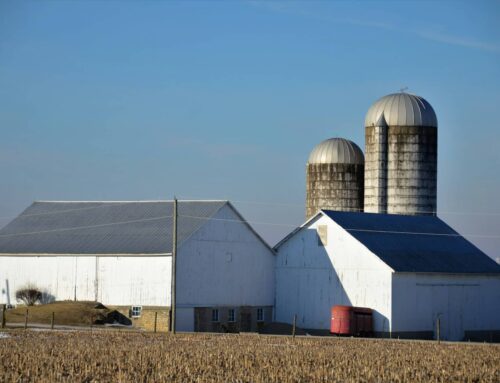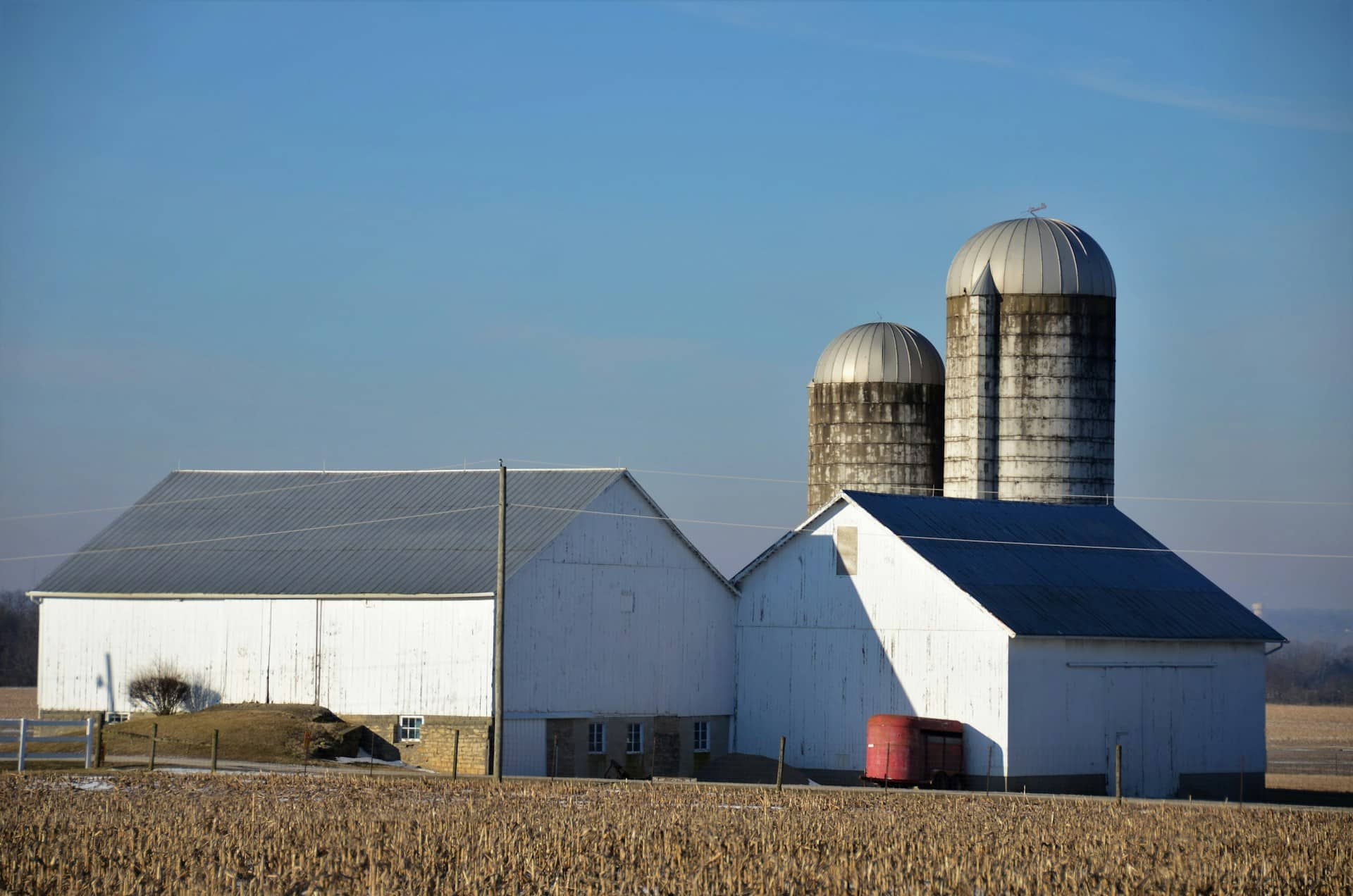The Repowering Assistance Program, administered by U.S. Department of Agriculture’s (USDA) Rural Development office, reimburses biorefineries for using biomass sources like wood chips and perennial grasses as a heat and power source instead of fossil fuels. Facilities can receive up to 50 percent of the total project cost. Due to a lack of interest in the Repowering Assistance Program, House and Senate Agriculture Committees voted in 2012 to eliminate the program since it failed to achieve its stated goals. However, the 2014 farm bill included reauthorization of the program.
The 2008 farm bill energy title provided the Repowering Assistance Program with mandatory funding of $35 million to be used during the life of the five-year legislation, with opportunity for additional funding through annual spending bills. The 2008 farm bill expired Sept. 30, 2012, but a one-year retroactive extension passed as part of the Jan. 2013 “fiscal cliff” deal allowed farm bill programs, including the Repowering Assistance Program, to receive funding through September 30, 2013 (the end of FY13). The 2014 farm bill, enacted in February, provided $12 million of mandatory funding for FY2014 to remain available until expended, in addition to $10 million annually from FY2014-18 in discretionary (optional) funding.
Background
The Repowering Assistance Program is funded though the energy title of the farm bill. The farm bill, renewed approximately every five years, is a wide ranging piece of legislation that funds everything from nutrition assistance programs and broadband internet to agricultural subsidies for the production of crops such as corn and soybeans. More specifically, the energy title of the farm bill, first introduced in 2002, provides grants, loans, and other subsidies to energy efficiency, biofuels, and bioenergy (heat and power) projects. In total, the 2014 farm bill energy title’s programs are projected to cost taxpayers $879 million over the next ten years (FY14-23).
Facilities that receive taxpayer support range from universities receiving research and development grants to investigate new uses for biomass sources such as wood and agricultural residues to large, established corn ethanol companies receiving grants for annual production of biofuel. Other energy title projects funded by taxpayers include the collection, storage, harvest, and transportation of biomass sources to bioenergy or biofuels facilities; anaerobic digesters that create heat and power from animal waste; grants and loans to individuals or companies installing wind, solar, and geothermal systems; and federally backed loan guarantees for so-called next generation biofuels facilities that produce biofuels other than corn ethanol. While intended to support the next generation of biofuels derived from non-food sources and other renewable forms of energy, the farm bill energy title has also spent taxpayer dollars on the mature corn ethanol industry, supporting biomass sources with numerous unintended consequences, and even paying for updates to farmers’ irrigation equipment and grain dryers.
Taxpayer Support for Corn Ethanol Facilities
Since 2009, just $7 million of taxpayer funding has been dispensed from the Repowering Assistance Program all of which has been spent on two corn ethanol facilities – Lincolnway Energy, LLC in Iowa and Western Plains Energy, LLC in Kansas. In Sept. 2010, Lincolnway received $1.9 million to install a boiler which converts wood and other biomass to energy. In April 2012, Western Plains received $5 million to replace its natural gas energy source with a biogas digester; the digester will be powered with manure from a local feedlot. USDA has considered four other biorefineries for Repowering Assistance payments, three of which are corn ethanol facilities. The only other program applicant, ESE Alcohol Inc in Kansas, uses seed waste to produce ethanol. More information about the recipients and other applicants can be found in Table 1.
For over 30 years, the corn ethanol industry has benefited from generous subsidies, tax breaks, an import tariff, and a production mandate called the Renewable Fuel Standard (RFS). Thankfully, the tax credit and tariff expired at the end of 2011, but the RFS mandate still exists, requiring that 15 billion gallons of corn ethanol be used by 2015 and in years thereafter. In addition to these generous supports, the corn ethanol industry is still able to qualify for additional subsidies within the farm bill’s energy title that were intended to be targeted toward next-generation biofuels produced from non-food crops. The mature corn ethanol industry has also received subsidies through the Repowering Assistance Program, even though payments are supposed to support facilities utilizing next-generation biomass feedstocks.
|
Table 1: Repowering Assistance Program Payment Recipients and Applicants Under Consideration, 2009 – 2012 |
||||
|---|---|---|---|---|
| Facility | Feedstock | Payment Amount |
State | Date of Award |
| Lincolnway Energy LLC | Boiler (using wood and other biomass) to power corn ethanol facility | $1.9 million | IA | Sep-10 |
| Western Plains Energy, LLC | Biogas digester powered by animal waste from a local feedlot for use at corn ethanol facility | $5 million | KS | Apr-12 |
| Chippewa Valley Ethanol Co. | Corn ethanol facility | N/A | MN | Under consideration |
| Absolute Energy LLC | Corn ethanol facility | N/A | IA | Under consideration |
| Bushmills Ethanol Inc. | Corn ethanol facility | N/A | MN | Under consideration |
| ESE Alcohol Inc. | Ethanol facility using seed waste | N/A | KS | Under consideration |
| TOTAL | $6.9 million | |||
Conclusion
The Repowering Assistance Program has failed to meet its stated goals serving only as another way to channel more taxpayer dollars to the mature corn ethanol industry. After thirty years of federal subsidies, it is time this industry stood on its own two feet. It’s time this wasteful program end. The Repowering Assistance Program should not be renewed in the next farm bill, and spending should be reined in until then.
For more information, contact Taxpayers for Common Sense at 202-546-8500.
|
For more information on this issue see the following related articles: Bioenergy Program for Advanced Biofuels Fact SheetJoint Letter Supporting Elimination of Ethanol Blender Pump FundingBiorefinery Assistance Program Fact SheetBiomass Crop Assistance Program Fact SheetBiomass Research and Development Initiative Fact SheetRural Energy for America Program Fact Sheet |










